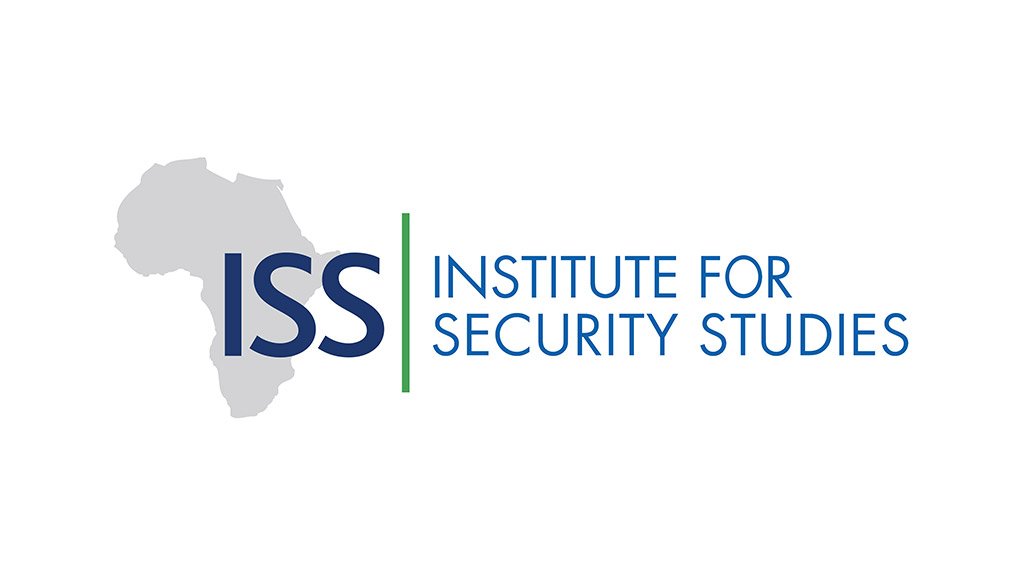Three weeks after the pivotal 1 November local elections, some of South Africa’s municipalities have sworn in councillors. In those with no outright winners, fragile political coalitions are being formed.
The polls marked the lowest voter turnout in post-apartheid South Africa. Support for the ruling African National Congress (ANC) dipped below 50% for the first time, resulting in the party controlling only two of the country’s eight metropolitan areas.
Fraught politics aside, a fundamental question confronting new leaders is how to curb the corruption plaguing municipalities and depriving millions of South Africans of essential services.
Generally, graft damages all citizens’ prospects. But its impact is especially severe at the local level, where government is closest to the people and most visible. The effect can be witnessed in the lack of basic amenities such as water and sanitation, electricity, local health services, and refuse collection. The rise in localised public protests points to the collapse of municipal service delivery as a looming crisis for South Africa.
Over the past few years, local governance has deteriorated dramatically. The findings of the latest Auditor-General’s report for the 2019/20 year were appalling but not surprising. Out of 257 municipalities in the country, only 11% received clean audits, and only 28% could provide the Auditor-General with ‘quality financial statements to audit.’
The report revealed that municipalities incurred irregular expenditure of R26-billion and fruitless and wasteful spending of around R3.47-billion. A recent report by Corruption Watch reveals the varied nature of corruption in local government. Offences vary from procurement process irregularities to embezzlement of funds, employment irregularities, bribery, abuse of power, conflict of interest and nepotism.
Given the dire state of municipalities, is there hope for a reversal of fortune with the shake-up delivered by this month’s elections? It’s difficult to assess political parties’ commitment to issues based on pre-election promises. Given the extent of corruption in South Africa, it is safe to say that few political parties with a governance track record have managed to make a dent in the problem.
A scan of the major contenders’ recent party manifestos reveals a heady mix of sensible, overly ambitious and idealistic anti-corruption measures. Some of these were no doubt tailored more to garnering votes than action.
The ANC committed to improving its record by implementing the step-aside rule, removing corrupt officials from office, strengthening the ban on politically exposed people doing business with the state, and placing ethical officials in leadership posts. The largest national opposition party, the Democratic Alliance, promised to eliminate corruption by ‘ending cadre deployment and corrupt procurement processes’ and revamping supply chain processes through new policies.
The Economic Freedom Fighters aimed to set up an anti-corruption unit in every municipality it governs. It committed to increasing municipal internal audit capacity, electing a member of the opposition as the chairperson of the Municipal Public Accounts Committee (MPAC) and getting ‘all corruption matters … settled within two months.’
The Inkatha Freedom Party’s manifesto said its candidates would be contractually bound to corruption-free service and that it sought a ‘specialised corruption court to deal with financial and treasury transgressions.’ The Freedom Front Plus promised public scrutiny of approved tenders and a functioning MPAC. New kid on the block ActionSA committed to creating independent forensic units, lifestyle audits for public officials, corruption risk assessments for office bearers, and a corruption blacklist.
It is encouraging that political parties acknowledge corruption and outline measures to address it. How they will implement these measures is more important, but the details were not included in their manifestos.
Newly elected municipal officers will need to perform a balancing act to target corruption, reform financial systems to prevent wasteful and irregular expenditure, and deliver services. The challenge will be even greater in those cities and towns run by coalitions – a messy way of governing that taxes already weak capacity and requires compromising on election promises.
Tackling corruption is a priority that, if left unattended, will make delivering on other core functions difficult. It requires a holistic approach with both preventive and punitive elements. Most crucial is the need for brave and determined leaders and managers who will monitor and implement these measures, with zero tolerance for slippage.
Preventive measures could include risk assessments and procedures for dealing with conflicts of interest. Financial management systems and controls should be reformed as per the Municipal Finance Management Act. Internal audit departments need strengthening, and recruitment policies must be reviewed.
For instance, since conflicts of interest are a key factor leading to corruption, officials could be required to declare their interests on a regular basis. The information would need to be verified and the process extended to tender bidders and suppliers.
Punitive measures are equally important. Leaders now taking their seats across the country must emphasise accountability among their ranks. There should be no doubt that those involved in corruption will be sanctioned through disciplinary actions or criminal liability.
A first step would be to investigate previous instances of financial mismanagement and deal decisively with anyone found to have transgressed. Effective whistleblowing systems are also essential to encourage and enable individuals to report corruption without fear of threats or reprisals.
Political parties have vowed to tackle corruption – as they have done in many previous election campaigns. The next five years will determine whether these statements amount to more than empty promises. In the meantime, South Africa’s stability will remain tethered to its poor municipal service delivery record.
Written by Richard Chelin, Senior Researcher, ENACT organised crime programme, ISS Pretoria
EMAIL THIS ARTICLE SAVE THIS ARTICLE ARTICLE ENQUIRY
To subscribe email subscriptions@creamermedia.co.za or click here
To advertise email advertising@creamermedia.co.za or click here











